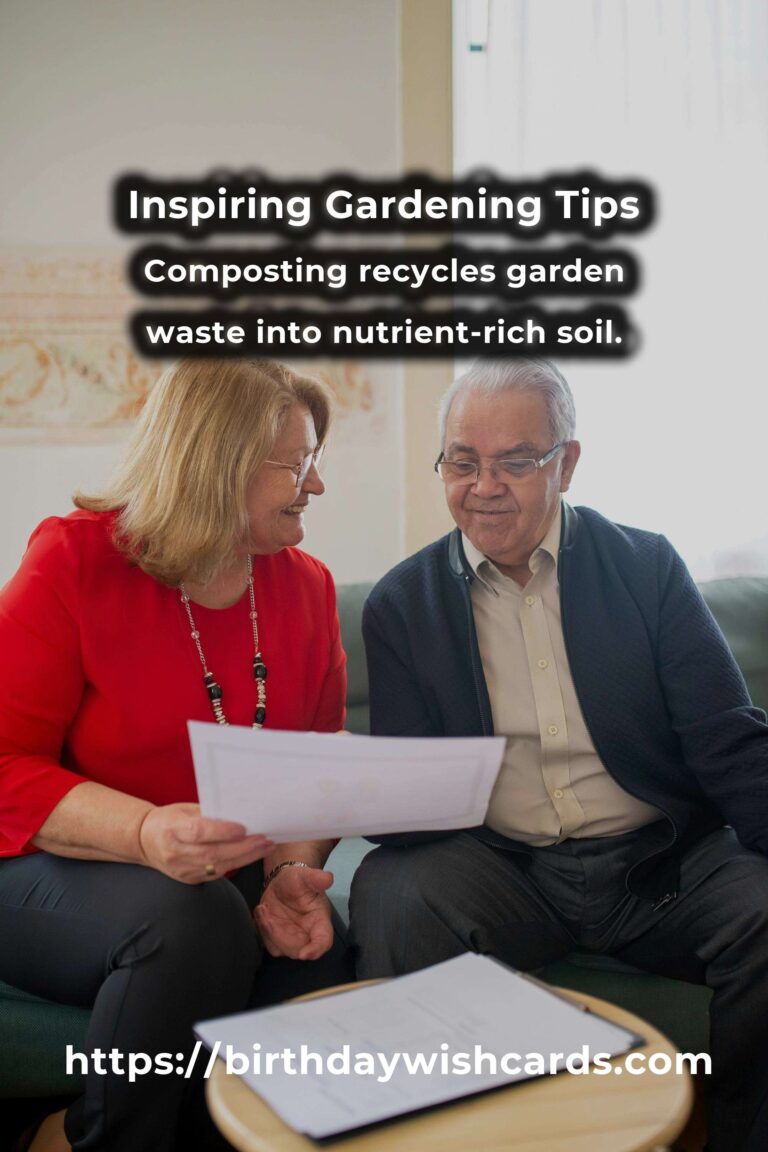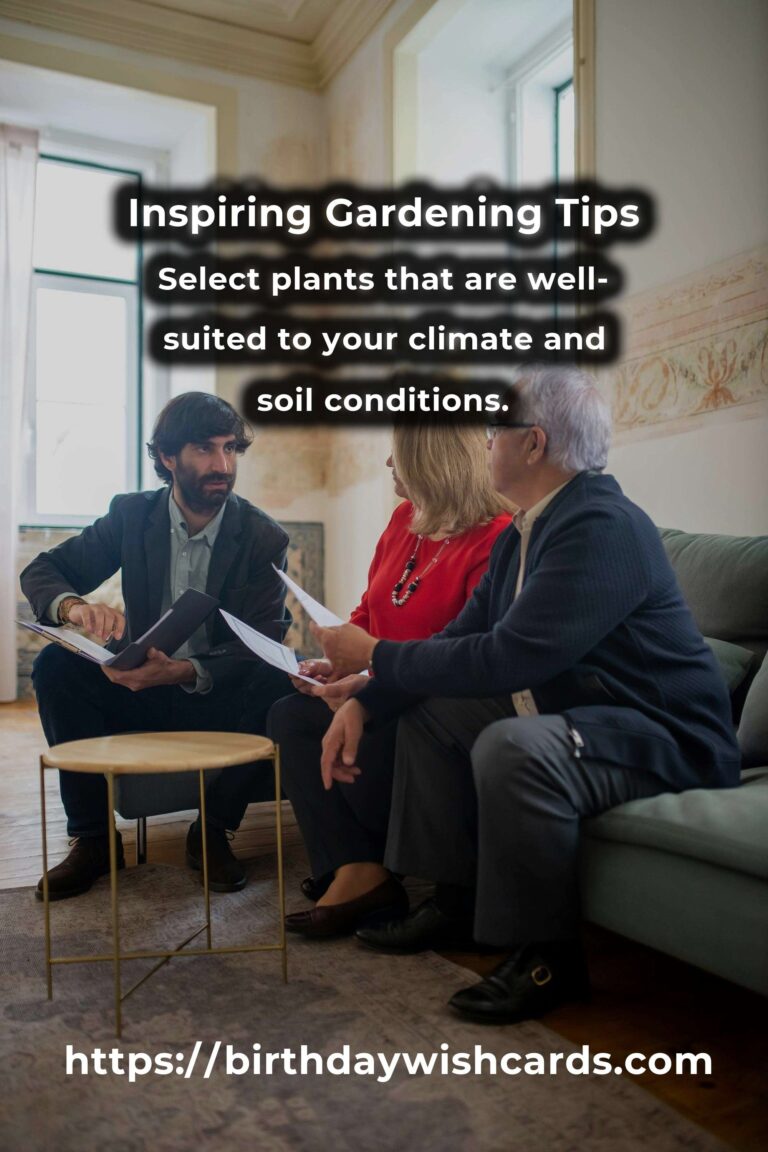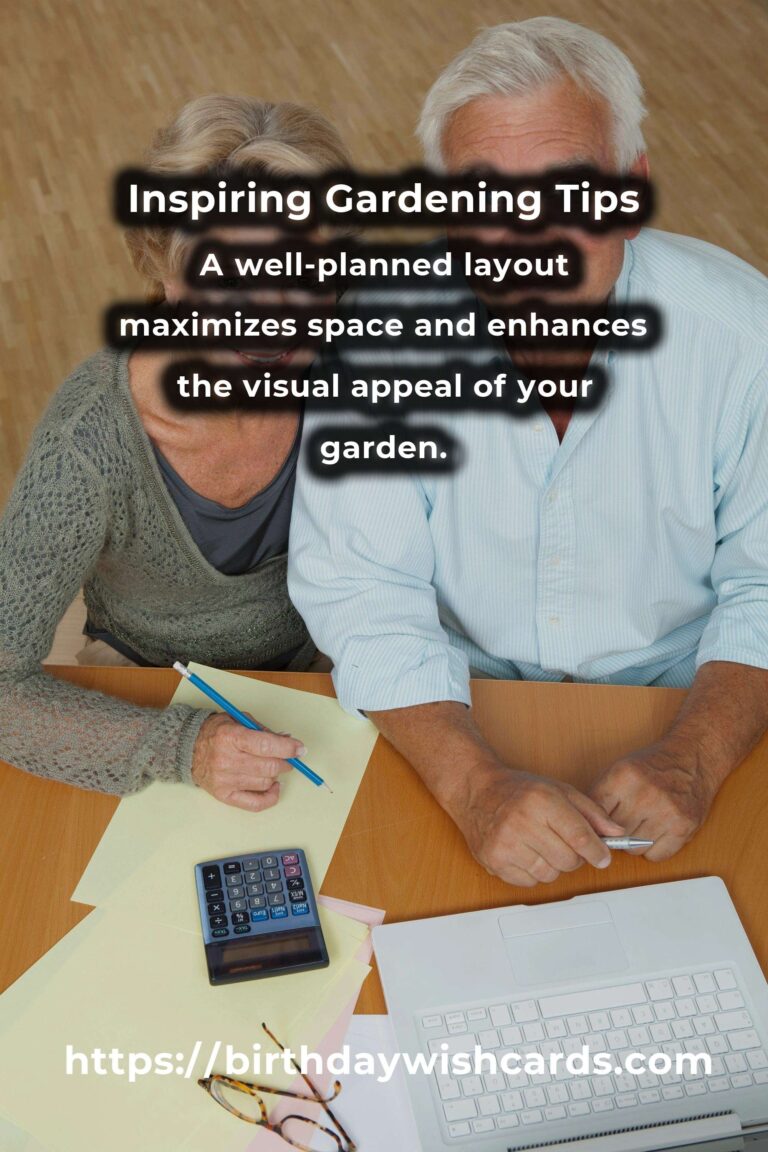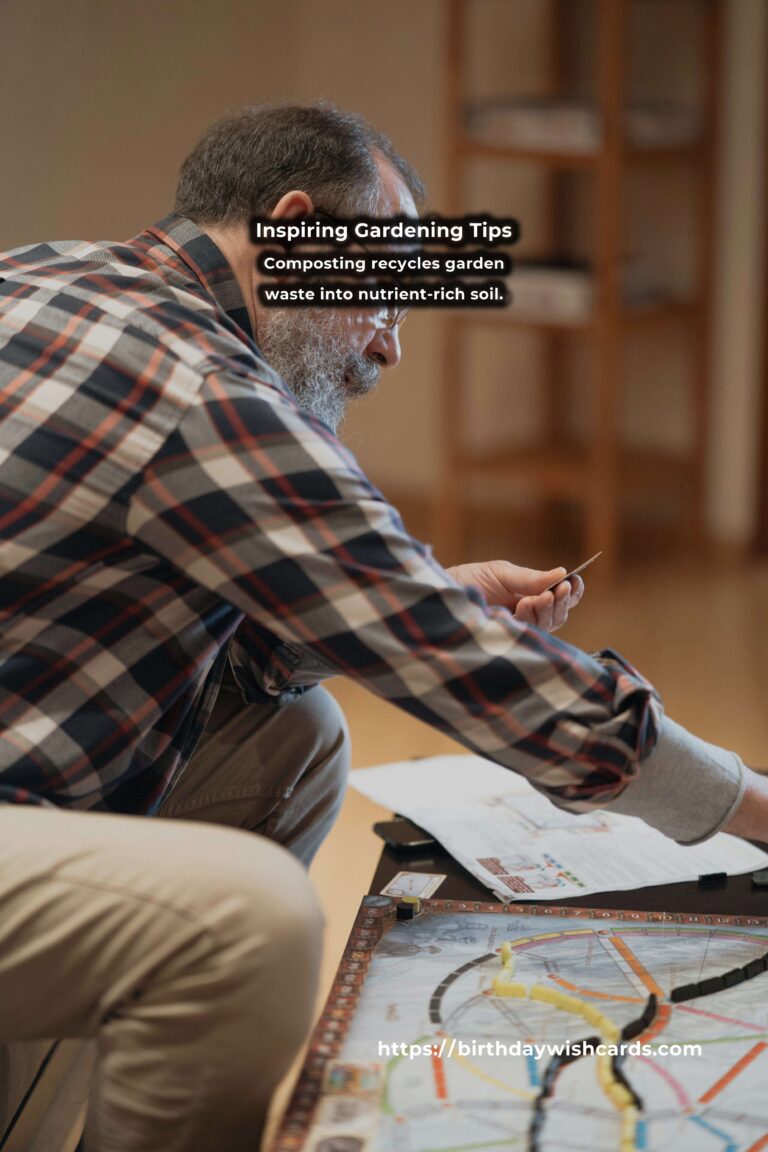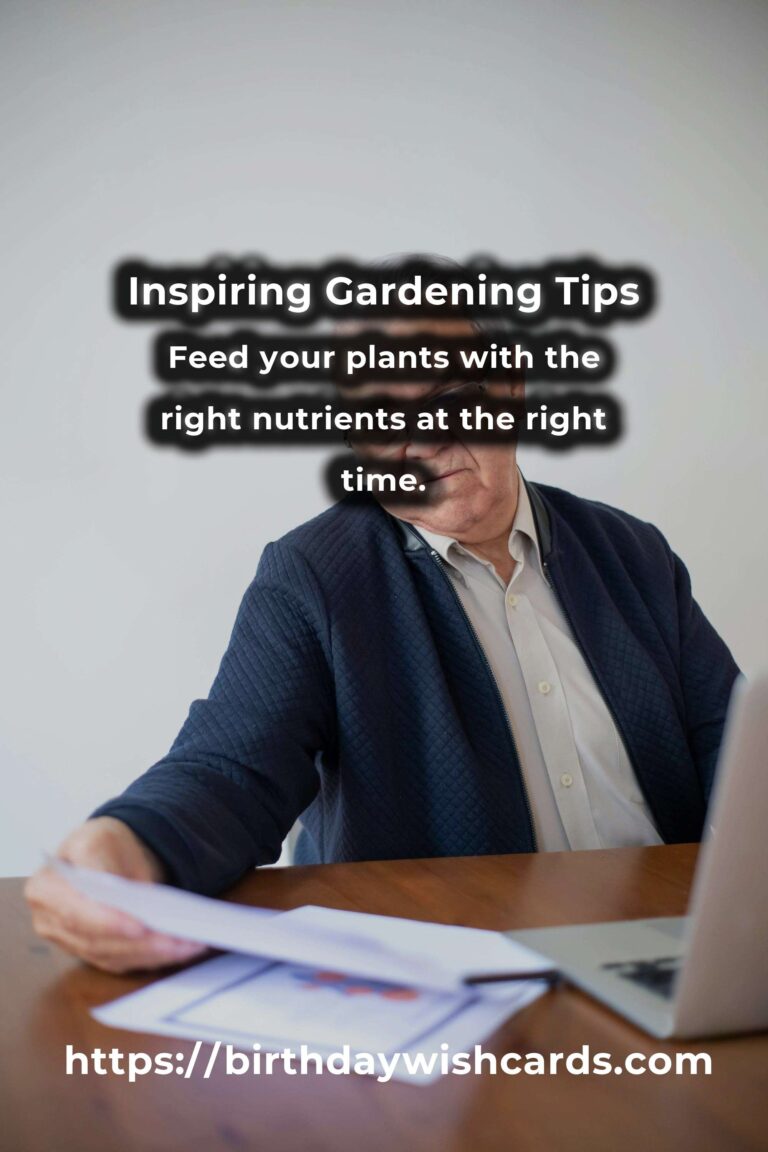
Gardening is a rewarding hobby that brings joy and beauty to your environment. Whether you’re a seasoned gardener or a beginner, these 17 tips will help you cultivate a lush, thriving garden all year round.
1. Know Your Soil
The foundation of any successful garden is healthy soil. Test your soil to understand its pH levels and nutrient content. This knowledge will guide you in choosing the right plants and amendments to create a fertile growing environment.
2. Choose the Right Plants
Select plants that are well-suited to your climate and soil conditions. Native plants are often more resilient and require less maintenance, making them an excellent choice for any garden.
3. Plan Your Garden Layout
A well-planned layout maximizes space and enhances the visual appeal of your garden. Consider factors like sunlight, shade, and plant height to create a balanced and harmonious arrangement.
4. Use Mulch
Mulching helps retain soil moisture, suppress weeds, and improve soil health. Organic mulches like straw, wood chips, or compost are excellent options for most gardens.
5. Water Wisely
Water your plants deeply but infrequently to encourage strong root growth. Early morning is the best time to water, as it reduces evaporation and helps prevent disease.
6. Fertilize Appropriately
Feed your plants with the right nutrients at the right time. Use organic fertilizers to enhance soil health and reduce the risk of chemical build-up.
7. Rotate Crops
Crop rotation prevents soil depletion and reduces the risk of pest and disease buildup. Change the location of your plants each season to maintain soil health.
8. Prune Regularly
Regular pruning promotes healthy growth and improves plant shape. Remove dead or diseased branches to encourage new growth and prevent the spread of disease.
9. Control Pests Naturally
Encourage beneficial insects like ladybugs and bees to keep pest populations in check. Use natural remedies like neem oil or insecticidal soap to manage infestations.
10. Compost
Composting recycles garden waste into nutrient-rich soil. Start a compost pile with kitchen scraps, yard waste, and other organic materials to enrich your garden naturally.
11. Use Companion Planting
Companion planting involves growing plants together that benefit each other. For example, planting basil next to tomatoes can enhance growth and flavor.
12. Create a Wildlife-Friendly Garden
Attracting birds, bees, and butterflies to your garden can enhance pollination and pest control. Provide food, water, and shelter to create a welcoming habitat.
13. Keep Tools Clean
Clean and disinfect your gardening tools regularly to prevent the spread of disease. Well-maintained tools also last longer and make gardening tasks easier.
14. Extend the Growing Season
Use cold frames, cloches, or row covers to protect plants from frost and extend your growing season. This allows you to enjoy fresh produce longer.
15. Practice Vertical Gardening
Maximize space by growing plants vertically. Use trellises, hanging baskets, and vertical planters to create a stunning garden with limited space.
16. Harvest at the Right Time
Harvesting your crops at their peak ensures the best flavor and nutritional value. Regular picking also encourages continued production.
17. Enjoy the Process
Gardening is not just about the results but also the journey. Take time to enjoy the process, learn from your experiences, and appreciate the beauty of your garden.
Implementing these gardening tips can transform your gardening experience and lead to a more productive and enjoyable garden. Happy gardening!
The foundation of any successful garden is healthy soil. Select plants that are well-suited to your climate and soil conditions. A well-planned layout maximizes space and enhances the visual appeal of your garden. Mulching helps retain soil moisture, suppress weeds, and improve soil health. Water your plants deeply but infrequently to encourage strong root growth. Feed your plants with the right nutrients at the right time. Crop rotation prevents soil depletion and reduces the risk of pest and disease buildup. Regular pruning promotes healthy growth and improves plant shape. Encourage beneficial insects like ladybugs and bees to keep pest populations in check. Composting recycles garden waste into nutrient-rich soil. Companion planting involves growing plants together that benefit each other. Attracting birds, bees, and butterflies to your garden can enhance pollination and pest control. Clean and disinfect your gardening tools regularly to prevent the spread of disease. Use cold frames, cloches, or row covers to protect plants from frost and extend your growing season. Maximize space by growing plants vertically. Harvesting your crops at their peak ensures the best flavor and nutritional value. Gardening is not just about the results but also the journey.
#Gardening #GardenTips #PlantCare

